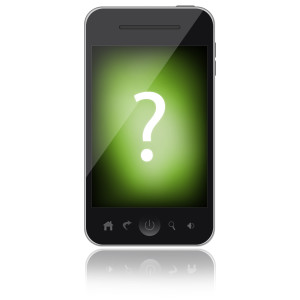Wireless (Cellular Phone) Consumer Protections FAQs
 Wireless carriers are exclusively regulated by the Federal Communications Commission (FCC), which has taken a hands-off approach when it comes to wireless consumer protections. In lieu of greater FCC regulation, the Cellular Telephone Industry Association (CTIA) has crafted a voluntary code of consumer protections. Signatories have pledged to:
Wireless carriers are exclusively regulated by the Federal Communications Commission (FCC), which has taken a hands-off approach when it comes to wireless consumer protections. In lieu of greater FCC regulation, the Cellular Telephone Industry Association (CTIA) has crafted a voluntary code of consumer protections. Signatories have pledged to:
- Disclose rates and terms of service to consumers;
- Make available maps showing where service is generally available;
- Provide contract terms to customers and confirm changes in service;
- Allow a trial period for new service;
- Provide specific disclosure in advertising;
- Separately identify carrier charges from taxes on billing statements;
- Provide customers the right to terminate service for changes to contract terms;
- Provide ready access to customer service;
- Promptly respond to consumer inquires and complaints received from government agencies; and
- Abide by policies for protection of customer privacy.
Although several wireless carriers now offer telephone Lifeline service and have agreed to abide by these principles, many of the signatories don’t follow the guidelines. As a result, federal legislation has been proposed that would require wireless service providers to share simple, clear information on their services and charges with customers before they enter into long-term contracts; create a 30-day window during which customers could exit contracts without early termination fees; and provide customers with greater flexibility to exit contracts that do not meet their needs.
Additionally, courts in several states have ruled that cellular providers must meet specific billing notification requirements, add disputed charges procedures, and provide customers additional rights.
In New York State, legislation has been introduced that would curb the often fraudulent practice of “cramming” by companies marketing cellular telephone services.
(According to the FCC “cramming” is the practice of placing unauthorized, misleading or deceptive charges on your telephone bill. Crammers rely on confusing telephone bills in an attempt to trick consumers into paying for services they did not authorize or receive, or that cost more than the consumer was led to believe.)
